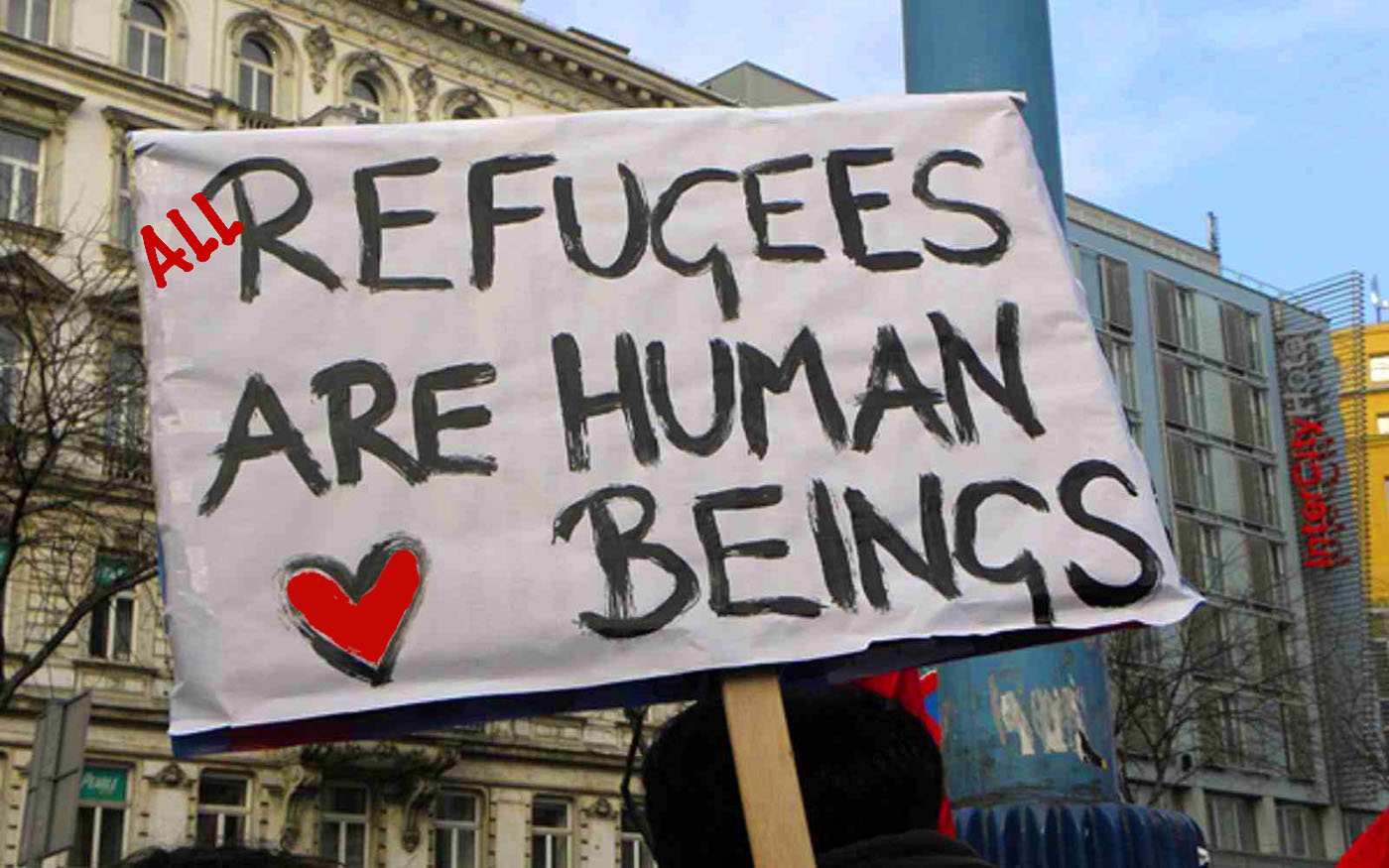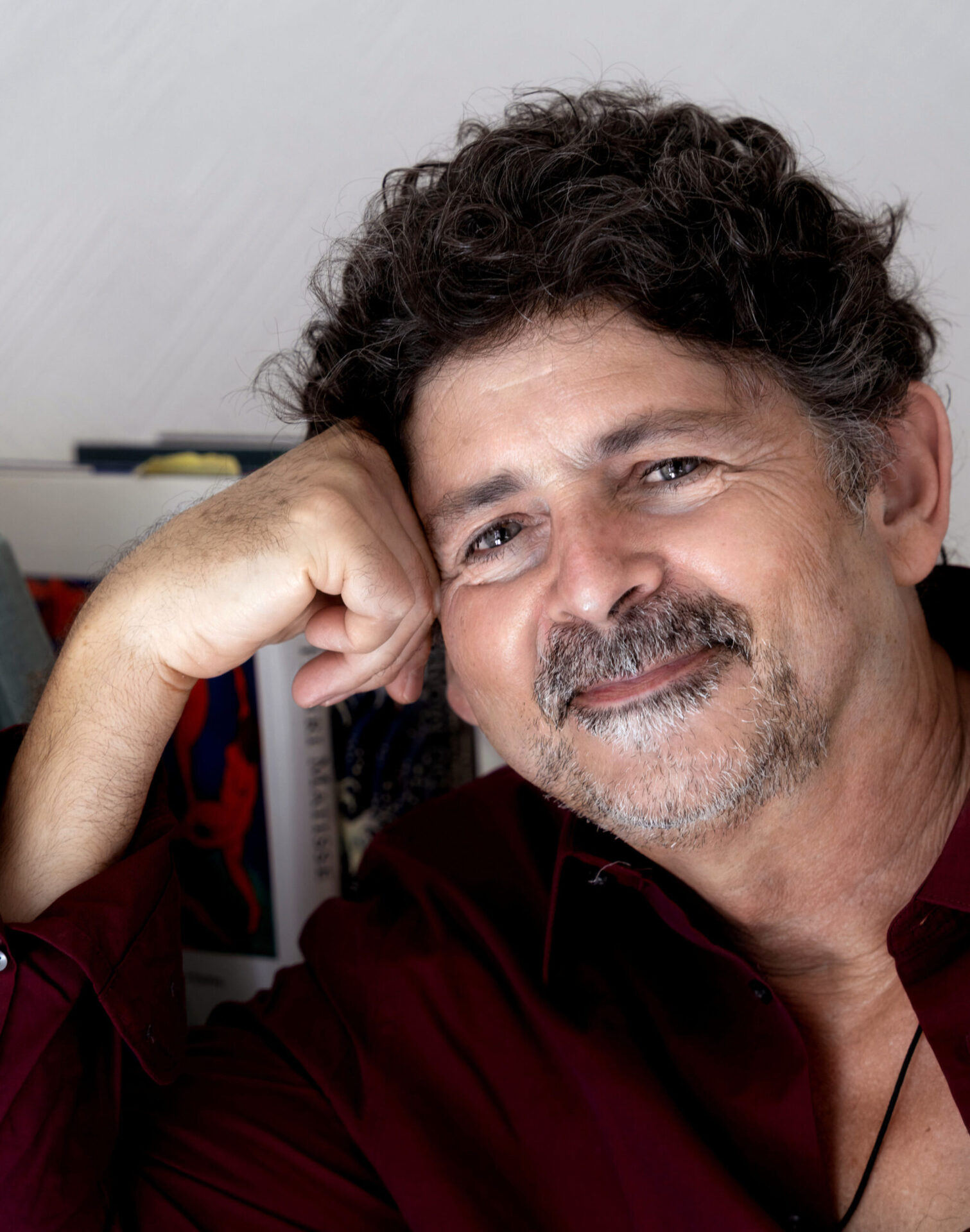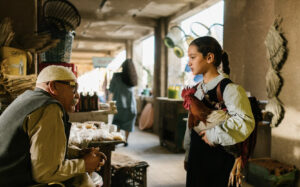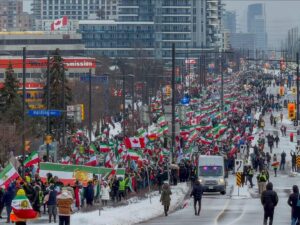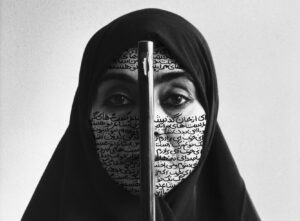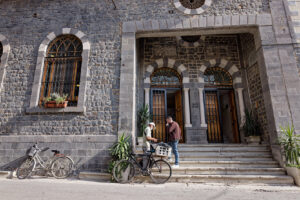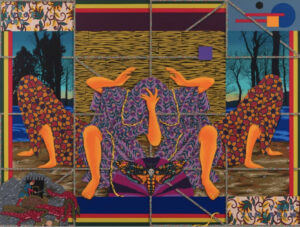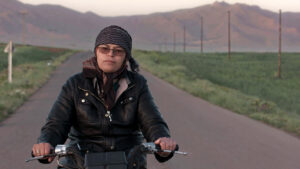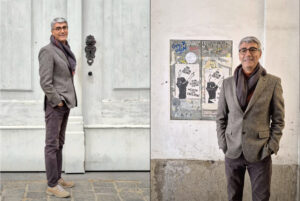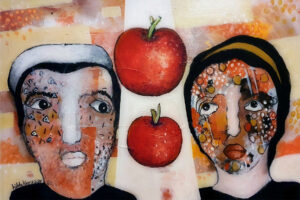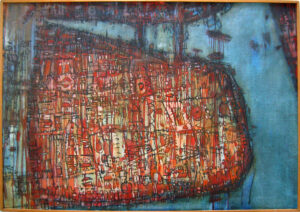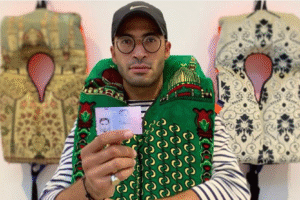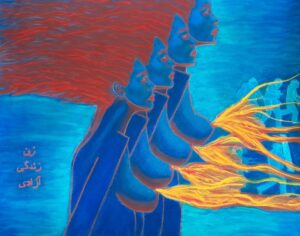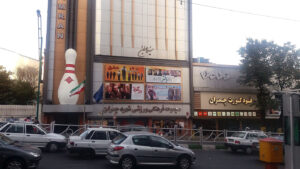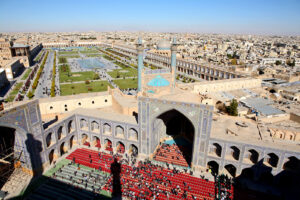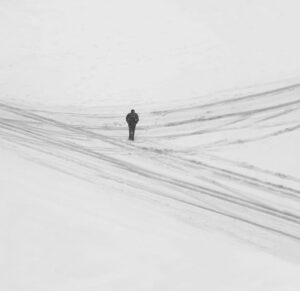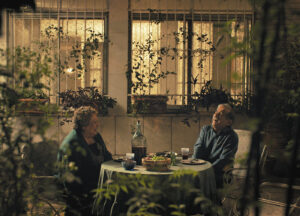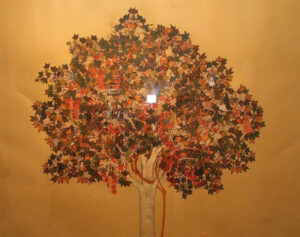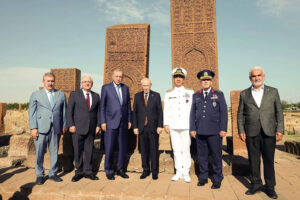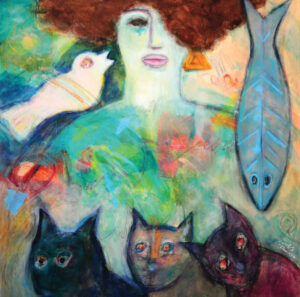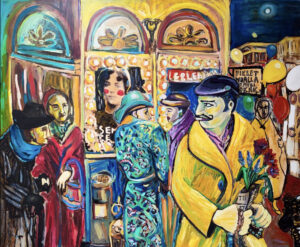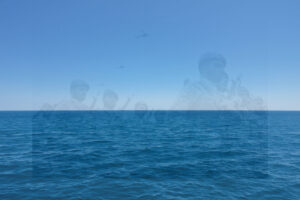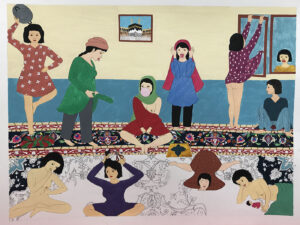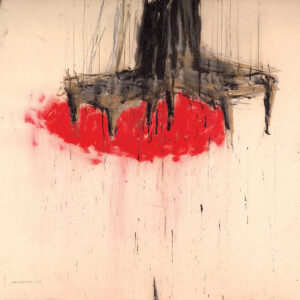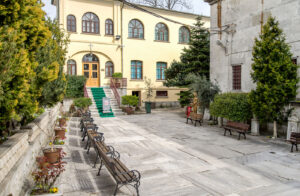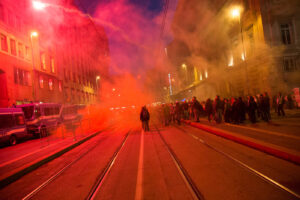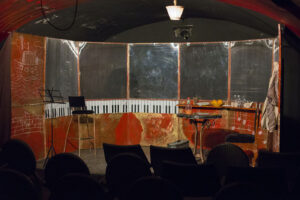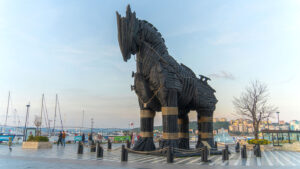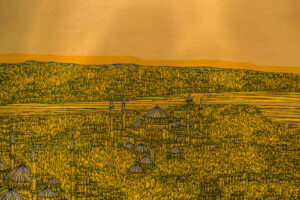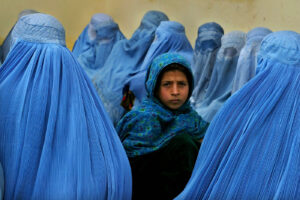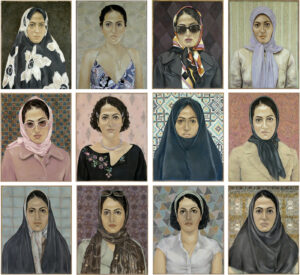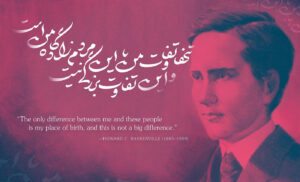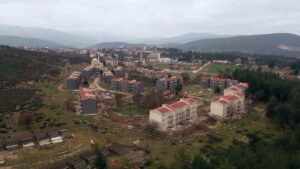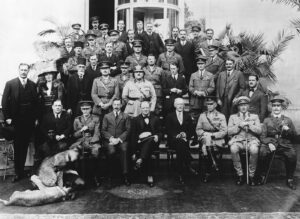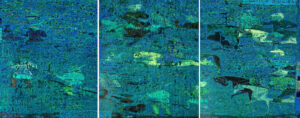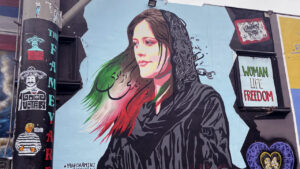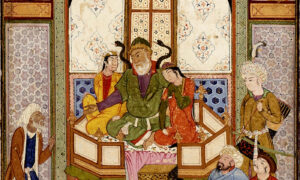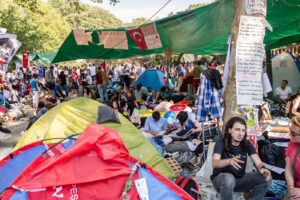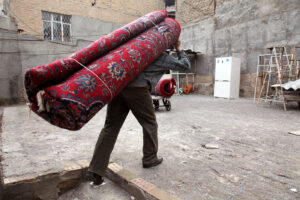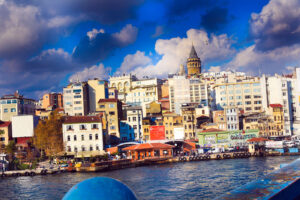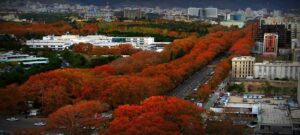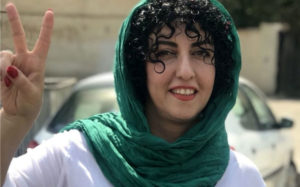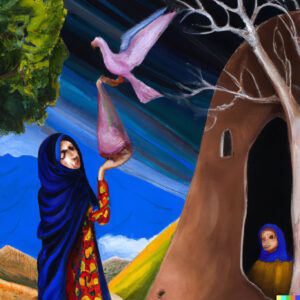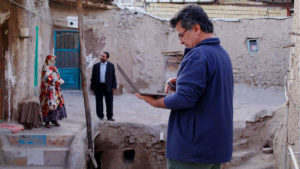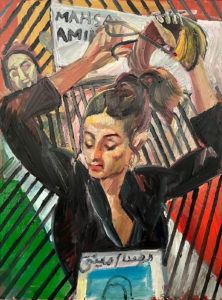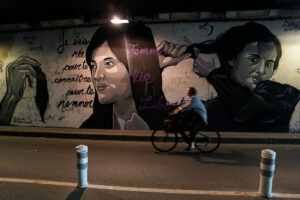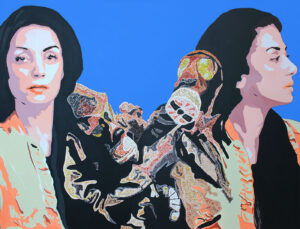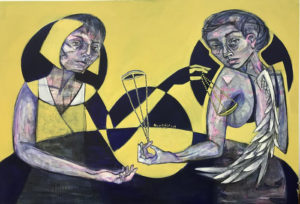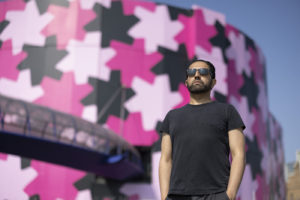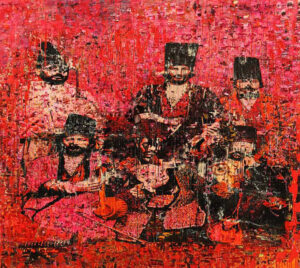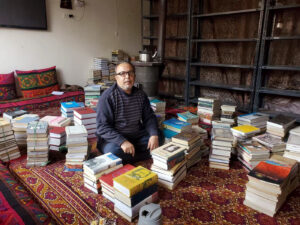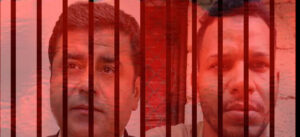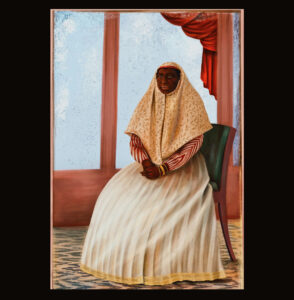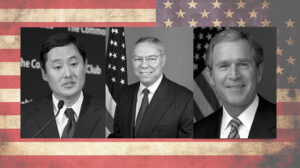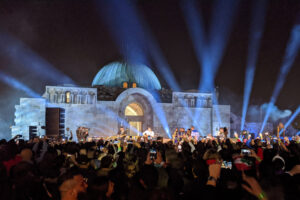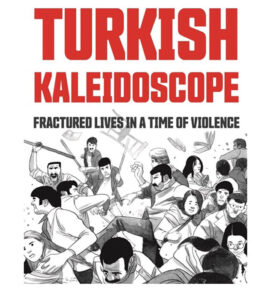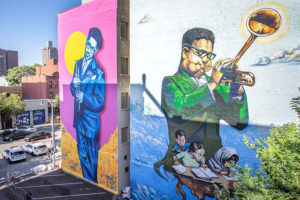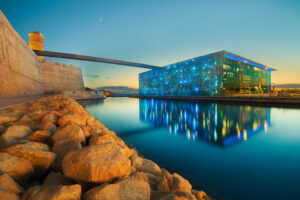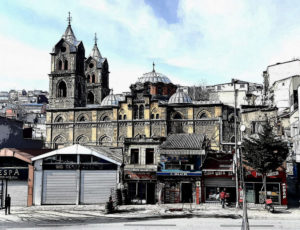Jordan Elgrably
Today, June 20th, is World Refugee Day. For people without a home, without a fixed address, each and every day is one without security, a day clouded by uncertainty. The war in Ukraine is merely the latest disaster that has sent millions of people fleeing; before that, we saw strife in (non-exhaustive list) Afghanistan, Egypt, Iraq, Yemen and perhaps most egregiously, Syria.
Last year at this time, the UN’s refugee relief agency, UNHCR, estimated that for the first time in recorded history, the number of people forcibly displaced had grown to 84 million, with nearly 30 million refugees. We’re talking about individuals and families fleeing their country, often without a viable passport, seeking asylum. And these figures likely do not take into account more than 30 million Kurds, whose full autonomy is not recognized, and who often face hostility and oppression from the governments of Turkey, Syria, Iraq and Iran. It does not include nearly five million Palestinians who live in the West Bank and Gaza, who are often unable to travel, or who travel only with great difficulty, and who live without many of the rights accorded citizens of Israel.
To my mind, World Refugee Day is a day to honor all refugees, displaced people, and populations without the human rights that most of us take for granted. We owe it to ourselves — to the world we want to live in — to fight for these rights across the spectrum, regardless of which countries refugees are from, or which religion they may observe.
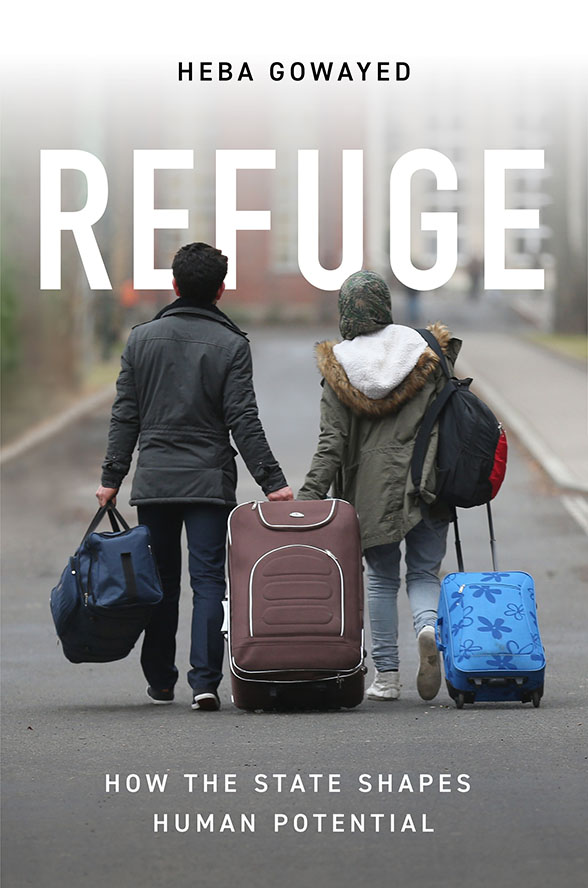
For Heba Gowayed, who in Refuge, How the State Shapes Human Potential — her new book just out from Princeton University Press — refuge is about finding recognition. She writes:
“To understand the men and women’s journeys to refuge is to begin with their displacement. Who becomes a refugee is determined by global inequalities. People who have been persecuted and subjected to violence for who they are — such as being gay, a political dissident, or Bahai — or due to widespread violence of war, or genocide, petition to be recognized as refugees according to the 1967 definition of the United Nations’ Protocol Relating to the Status of Refugees as someone who ‘owing to well-founded fear of being persecuted for reasons of race, religion, nationality, membership of a particular social group or political opinion, is outside the country of his nationality and is unable or, owing to such fear, is unwilling to avail himself of the protection of that country.’”
One way to honor refugees is to obtain a copy of Refuge, read it, and share what you learn.
Meanwhile, across the world, many celebrations and commemorations on behalf of refugees are taking place.
In the UK, Syrian artist Issam Kourbaj produced a video performance marking 10 years of war and suffering in Syria, in Imploded, Burned, Turned to Ash. Multiple screenings of this recorded drawing and sound performance are taking place this week in various locations, worldwide, including cultural institutions and churches across the UK, Europe, Middle East and USA, throughout Refugee Week (June 20-26, 2022). The ash produced during the original performance will be installed in a glass vessel next to the screen at selected locations, including St James’s Piccadilly, London, and Great St Mary’s Church, Cambridge. The performance will also be available to watch virtually on associated websites that will be accessible to anyone unable to make it to one of the physical locations.
Notes Kourbaj, “The idea of screening it in multiple locations and on the internet reflects the diaspora of many Syrians forced to leave their destroyed homes and erased cities, who are now scattered across the world, while the glass jar of ash casts light on war’s terrible continuity (even when it is no longer mentioned in the media) and the destruction of all cities and livelihoods, which we see repeated time and again (as is now tragically happening in the Ukraine) and throughout human history.” More info.
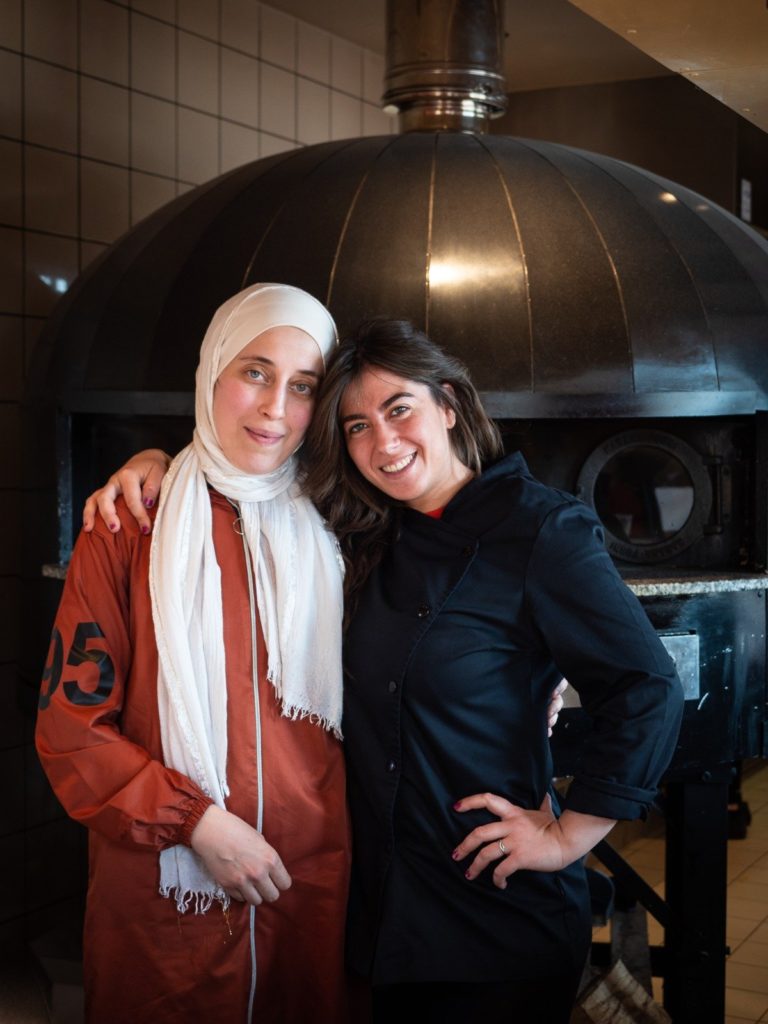
In France, the Refugee Food Festival is back for the seventh year, operating in 11 cities, including in Montpellier, where The Markaz Review is partly based. (From June 20-26, participating restaurants and sites include La Maison des Relations Internationales, La Tables des Poètes, Pain Brut, La Halle Tropisme, La Prairie Mimosa et Panka.)
Organizers of the Refugee Food Festival note that, “After a year sadly marked by the capture of Kabul in August 2021 and the beginning of the Russian-Ukrainian war at the end of February 2022, the committed culinary festival will have a particular resonance this year.
“From June 7 to 26, in 11 cities in France and Switzerland, nearly a hundred addresses will share their know-how with chefs and artisans who have come to France to take refuge in their culinary heritage. These encounters will give rise, for one or more services, to collaborations with Ukrainian, Syrian, Afghan, Tibetan, Mauritanian or Ethiopian accents…
“Bordeaux, Dijon, Geneva, Lille, Lyon, Marseille, Montpellier, Nantes, Paris, Rennes and Strasbourg: these are the cities that will host the festival in June, on the occasion of World Refugee Day, the 20th. From Michelin-starred restaurants to neighborhood canteens, local establishments will open their kitchens wide to welcome these cooks and show that cooking is a powerful tool for social and professional integration.”
More info/find participating restaurants.
The UN Refugee Agency maintains a live blog, in which “we’ll be bringing you stories and events from around the world celebrating refugees and the countries and communities that have taken them in.”
Today is a great day to make a donation to the refugee relief agency of your choice. Here are a few to choose from:
Afghan Refugee Relief
International Rescue Committee
Refugee Food Festival
Refugee Relief International
Syrian Refugee Relief Fund – Global Giving
UN Refugee Agency (UNHCR)
—Editor-in-chief, The Markaz Review



